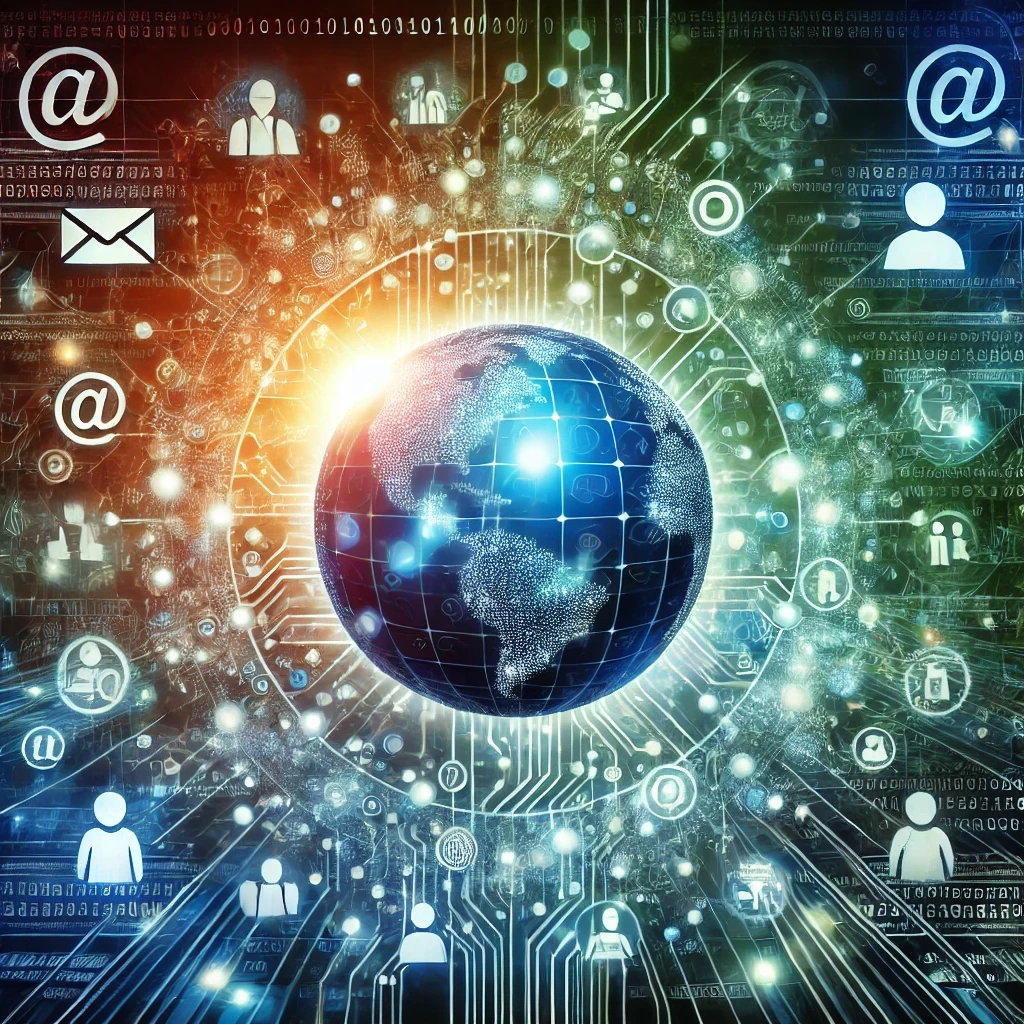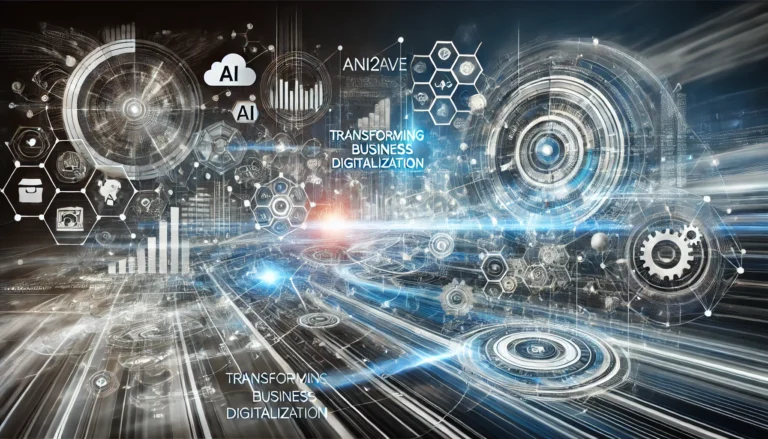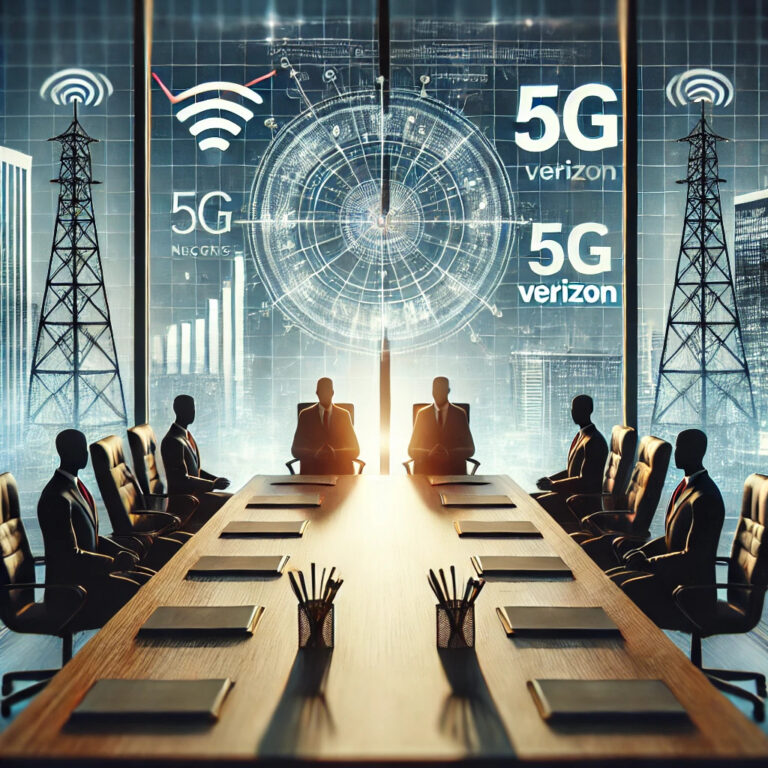What Piece of Technology Has the Greatest Impact on Humankind?
Introduction
Throughout human history, technology has played an instrumental role in shaping societies, economies, and cultures. From the invention of the wheel to the creation of artificial intelligence, technological advancements have propelled humanity forward, solving complex problems and enabling progress at an unprecedented pace.
Among the many transformative technology, one stands out as having the most profound and far-reaching impact: the invention of the internet. This article explores why the internet can be considered the most impactful technology, delving into its influence on communication, education, commerce, healthcare, and global connectivity.
The Birth of the Internet
The internet, as we know it today, began as a modest experiment in the late 20th century technology. Originally developed as a military communication tool, it has since evolved into a ubiquitous global network connecting billions of people and devices. The internet’s development stems from the ARPANET project, initiated by the United States Department of Defense in the 1960s. Over the decades, it transitioned from a specialized tool for researchers to a household necessity, profoundly altering the way we live and interact.
Revolutionizing Communication
One of the most significant impacts of the internet is its transformation of communication. Before its advent, exchanging information across distances was limited to physical mail, telegraphs, and telephones. While effective, these methods were relatively slow or constrained by geography.
The internet revolutionized communication through innovations such as email, instant messaging, and video conferencing. These technologies have made it possible to connect with anyone, anywhere, in real time. Social media platforms have further amplified this connectivity, allowing individuals to share ideas, collaborate, and build communities across borders. The democratization of communication has empowered marginalized voices and enabled movements for social and political change, such as the Arab Spring and climate activism.
Transforming Education
The internet has fundamentally reshaped education, making knowledge more accessible than ever before. Online learning platforms, digital libraries, and open educational resources have removed traditional barriers to education, such as cost and geography. Platforms like Khan Academy, Coursera, and edX offer courses from top universities, allowing anyone with an internet connection to gain valuable skills.
Additionally, the internet has enabled remote learning, a phenomenon that gained prominence during the COVID-19 pandemic. Schools and universities worldwide adopted virtual classrooms, ensuring continuity of education despite lockdowns. The internet’s role in education extends beyond formal learning; it serves as a tool for lifelong learning, fostering curiosity and enabling self-directed exploration of topics.
Boosting Global Commerce
The internet has revolutionized commerce, creating a global marketplace that transcends physical boundaries. E-commerce platforms such as Amazon, Alibaba, and eBay have made it possible for businesses to reach customers worldwide. Small businesses and entrepreneurs can leverage the internet to establish online stores, access global supply chains, and market their products to diverse audiences.
Moreover, the internet has transformed traditional industries. The rise of digital payment systems, such as PayPal, Stripe, and cryptocurrency, has facilitated seamless financial transactions. Gig economy platforms like Uber, Upwork, and Fiverr have created new opportunities for work, enabling people to earn income flexibly. The internet’s economic impact is undeniable, fostering innovation, creating jobs, and driving economic growth.
Advancing Healthcare
Healthcare is another domain where the internet has had a profound impact. Telemedicine, enabled by high-speed internet connections, allows patients to consult with doctors remotely, reducing the need for physical visits and improving access to care, particularly in underserved areas. Wearable health devices connected to the internet provide real-time monitoring of vital signs, empowering individuals to take charge of their health.
The internet also facilitates the sharing of medical research and collaboration among healthcare professionals. Platforms like PubMed and ResearchGate enable the dissemination of scientific findings, accelerating the pace of medical breakthroughs. During global crises, such as the COVID-19 pandemic, the internet played a crucial role in spreading information, coordinating responses, and ensuring the continuity of healthcare services.
Fostering Global Connectivity
Perhaps the most defining characteristic of the internet is its ability to connect people globally. By breaking down geographical and cultural barriers, it has created a more interconnected world. This connectivity has led to the exchange of ideas, cultural appreciation, and the formation of global communities.
For instance, social media platforms enable individuals to connect with others who share their interests, regardless of location. This has given rise to phenomena such as crowdfunding, where individuals from around the world contribute to causes or projects they believe in. Similarly, the internet has enabled the rapid spread of news and information, ensuring that people are more informed about global events than ever before.
Challenges and Ethical Considerations
While the internet’s impact has been overwhelmingly positive, it is not without challenges. Issues such as cybersecurity, privacy concerns, and misinformation pose significant risks. Cyberattacks can disrupt critical infrastructure, while the misuse of personal data raises ethical questions about surveillance and consent.
Misinformation and “fake news” have become prevalent, influencing public opinion and undermining trust in institutions. The internet’s role in amplifying echo chambers and polarizing societies also warrants attention. Addressing these challenges requires a collaborative effort from governments, technology companies, and individuals to ensure that the internet remains a force for good.
Comparing the Internet to Other Transformative Technology
While the internet’s impact is unparalleled, it is worth comparing it to other groundbreaking technologies, such as the printing press, electricity, and the wheel. The printing press, invented by Johannes Gutenberg in the 15th century, democratized knowledge and paved the way for the Renaissance and the Enlightenment. Electricity revolutionized industries and modernized daily life, powering innovations such as lighting, refrigeration, and telecommunications. The wheel, one of humanity’s earliest inventions, enabled transportation and the development of civilizations.
Each of these technologies has had a transformative impact, but the internet’s ability to integrate and amplify their effects sets it apart. For instance, the internet builds upon the printing press by enabling the instantaneous dissemination of digital content. It relies on electricity to power its infrastructure and connects transportation systems through smart technologies. This interconnectedness underscores the internet’s unique role as a catalyst for innovation.
The Future of the Internet
As the internet continues to evolve, its potential for impact remains vast. Emerging technology, such as 5G, the Internet of Things (IoT), and artificial intelligence (AI), are poised to enhance its capabilities. 5G networks promise faster speeds and lower latency, enabling new applications in areas such as autonomous vehicles and augmented reality. IoT connects everyday devices to the internet, creating smart homes, cities, and industries. AI leverages the vast amounts of data generated online to drive advancements in fields ranging from healthcare to finance.
However, the future of the internet also depends on addressing current challenges in the world of technology. Bridging the digital divide is critical to ensuring equitable access to its benefits. Expanding infrastructure in underserved regions, improving digital literacy, and promoting affordability are essential steps. Additionally, fostering a culture of ethical innovation and collaboration will be crucial to navigating the complexities of the digital age.
Conclusion
In conclusion, the internet technology stands out as the piece of technology with the greatest impact on humankind. Its transformative effects on communication, education, commerce, healthcare, and global connectivity have reshaped the world, making it more interconnected and dynamic.
While challenges remain, the internet’s potential for driving progress and innovation is unmatched. As humanity continues to harness its power, the internet will undoubtedly play a central role in shaping the future, solidifying its place as the most impactful technology in history.
For More Information, Go to NetworkForbe





